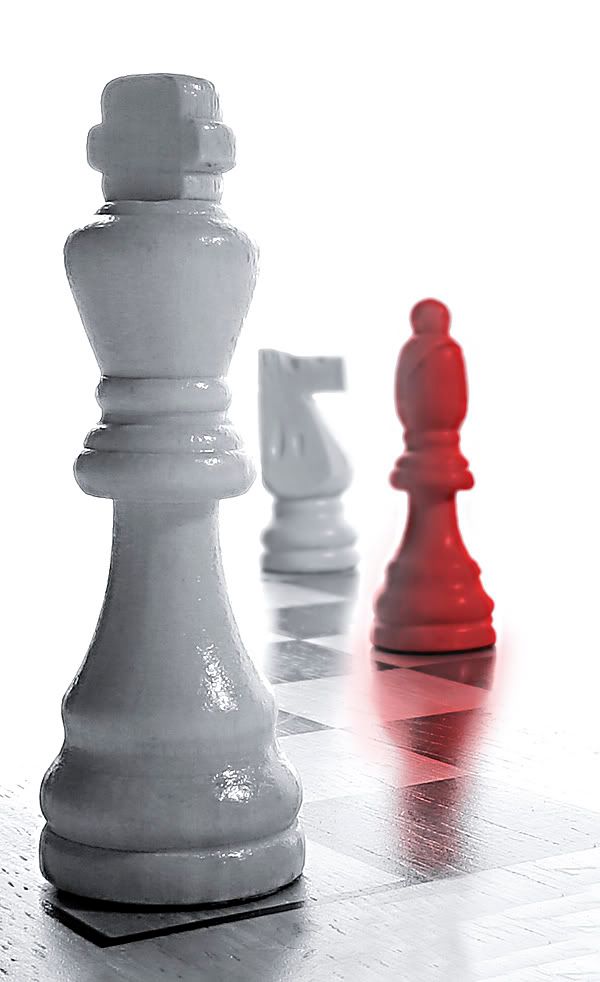
I love paradoxes.
Here is one about "chance" by the Swedish/Greek author Theodor Kallifatides:
What is “chance”? And where is it?
What if I randomly pick up two stones from the ground,
take one of them and put it back on the ground a few meters in front of me.
Then I take the one that’s left in my palm and
aim a throw for the stone on the ground.
I get a clean hit!
Is that hit just by chance?
I’d say partially yes, partially no.
“Why is that?” you might ask.
The answer is simply:
“Because I could just as well have missed it".
If I pick up the stone again,
close my eyes, turn around and throws it backwards
towards the stone on the ground.
I miss.
Now, is that miss just by chance?
The answer is “no”, but why?
Since I didn’t aim for it.
Though, if it would have been a hit,
it would for sure be by chance.
Sometimes it’s by chance and sometimes it is not.
The conclusion is that chance is not present by itself –
it’s only present simultaneously with something else.
It’s a bigger chance to get a hit without aiming,
hence the smaller chance if I get a hit with an aimed throw.
I need two stones, one to throw and one to aim for,
thus the fact that without stones and the will to get
a hit the random hit cannot occur.
chance is the relation between reality and my will to change it.
The reality is in control, my will chance the focus – but the chance decide.
I can’t eliminate chance as long as the reality and my will aren’t identical...


No comments:
Post a Comment
About to publish a thought, comment or feedback?
Remember to fill in your email address for a quick response - if this is left out, You will have to keep track of my answer in comment form at the post you originally commented on. //Tom J